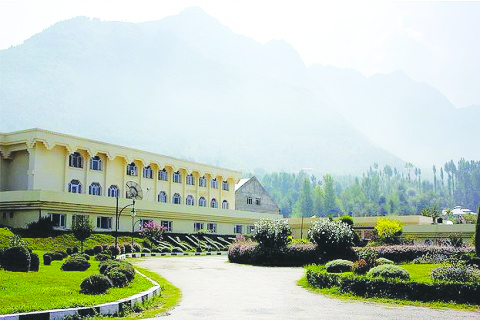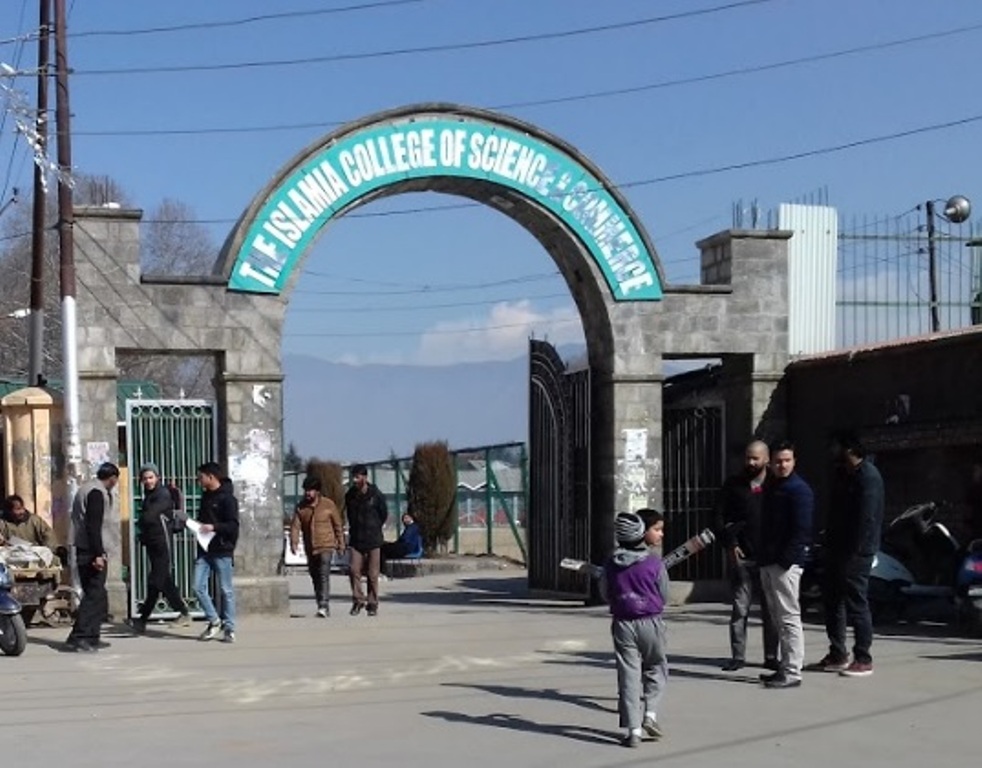Srinagar, Dec 08:SKUAST-K Scientist Dr. Khalid ZaffarMasoodi has discovered the role of two new fungal pathogens to cause wilt in Chili and Brinjal, previously not known through DNA Barcoding. The new pathogens identified through DNA Barcoding were Fusarium equisetiand Fusarium chlamydosporum.
Fusarium group of fungi is known to cause wilt in various crops which lowers yield and production. Only a few species of Fusarium were known to cause wilt in Chili and Brinjal here in Kashmir.
The evolution of these two new fungi causing wilt in Chili and Brinjal brings forth the need to closely monitor the status of other diseases in other crops as well, to safeguard India’s billion-dollar agriculture export industry which is otherwise at risk. India has the maximum export potential in Chili in the world and contributes one-fourth of the total Chili export and is the second largest producer of Brinjal.
However, China is our strong competitor because of the varying production, huge domestic consumption, and disease incidence in India. While wilt already exists in India, the discovery of new pathogens in Chili and Brinjal in J&K can be a game changer for the protection of the chili industry besides safeguarding the Indian Horticultural Industry. Dr. Khalid Masoodi, the lead scientist who works as an Assistant Professor in the Division of Plant Biotechnology, Faculty of Horticulture, SKUAST-Kashmir, Shalimar along with his Ph.D. student Ms. Tasmeen Parihar made this finding. He further said that the discovery calls attention to the need for an effective and efficient diagnostic as well as treatment modalities against Chili and Brinjal wilt through precision agriculture.
Dr. Zahoor A. Bhat, Associate Professor, Division of Plant Pathology, Faculty of Horticulture, SKUAST-K, validated these findings. The study was conducted in the Transcriptomics Lab at the Division of Plant Biotechnology, Faculty of Horticulture, SKUAST-K, Shalimar. Professor Nazir A. Ganai, Vice-Chancellor of SKUAST-Kashmir has stressed to see extensive surveying of other crops to enable the identification of pathogens and the development of molecular tools that will make disease diagnoses in plants easier. Further, he said that the mitigation of chili and brinjal wilt disease in J&K and the rest of India are only possible through the identification and extensive monitoring of pathogens. He congratulated Dr. Khalid Masoodi and his team for this discovery.
The study funded under IDP-SKUASTK-NAHEP has recently been published in the peer reviewed Journal, Scientific Reports, a Nature Group of Publications, and the sequence data of these fungal pathogens are available in GenBank – National Center for Biotechnology Information (NCBI) online database.








